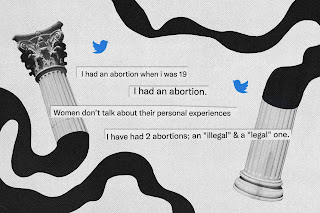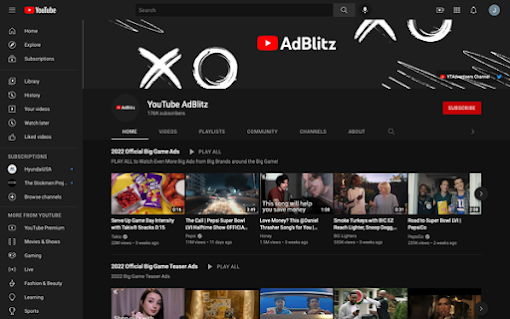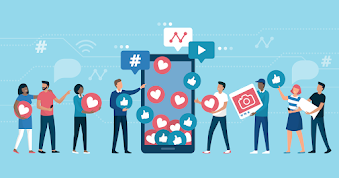The Media vs. SCOTUS's Abortion Decision

On June 4th, 2022 the Supreme Court of the United States overturned the 1973 ruling on Roe v. Wade which declared that the constitutional right to abortion, upheld for nearly a half century, no longer exists. To our readers, I expect this not to be a surprise thanks to social media and the coverage of this groundbreaking decision by the major news outlets. This decision, while directly influencing millions of Americans, is especially profound in regards to new media and the way that our society communicates digitally. For those who remember, in early May of 2022, the internet was buzzing about rumors that there was a leaked document which was a draft of an initial majority opinion to overturn the historical case. This document was first published on Politico, a major political news site, but the shockwaves of this event were felt all over social media. That being said, social media’s existence has only made informational leaks like this to be a norm, or has it? Information gets



